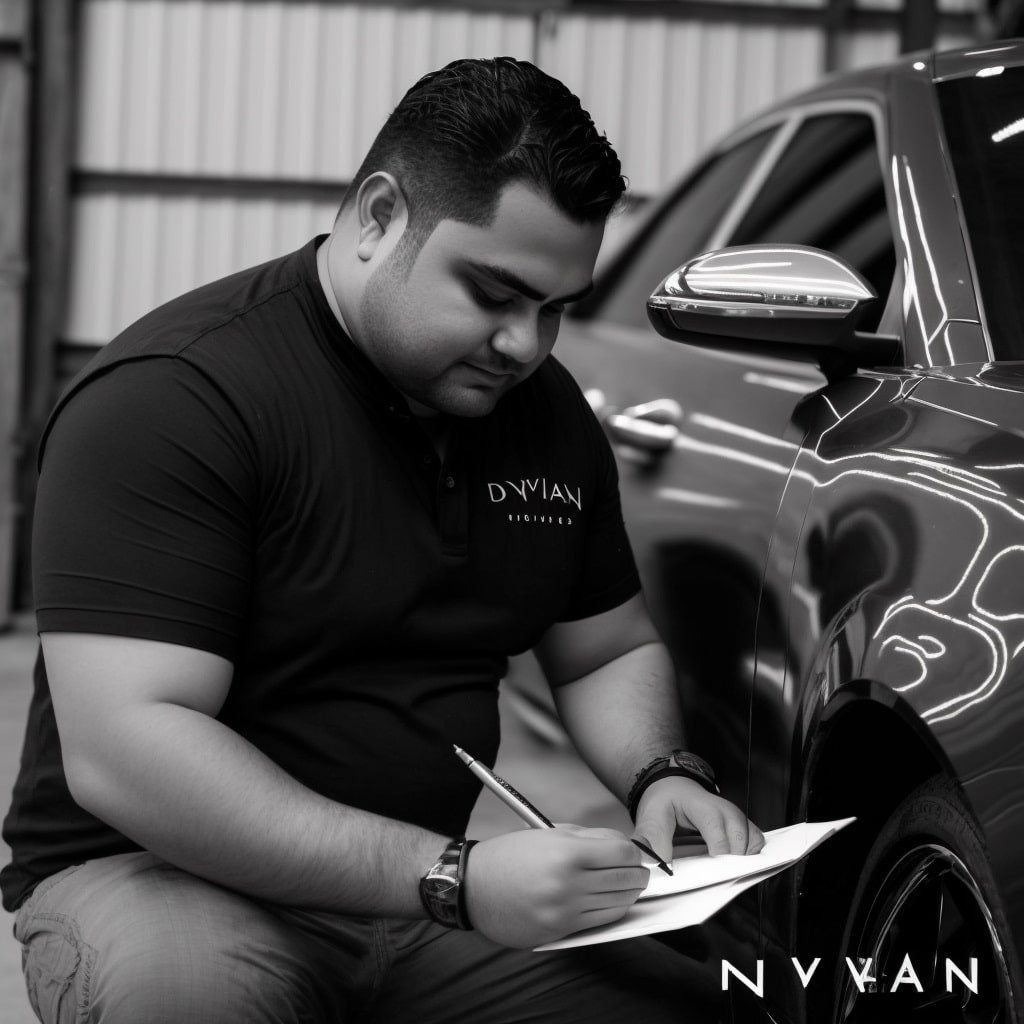Last Updated on March 10, 2023 by Ryan
A deep cycle battery is an automotive battery that is specifically designed to provide a steady current of electricity over long periods of time. It works by storing energy within its cells when the car’s engine is running, and then releasing it slowly as needed for various electrical components in the vehicle, such as headlights, radios, and other accessories. Deep cycle batteries are typically constructed with thicker plates than conventional starting batteries, allowing them to be discharged more deeply without damaging their internal chemistry.
In addition to providing power for normal electrical functions in a car, deep cycle batteries can also be used for auxiliary applications such as powering electric winches or powering inverters that convert DC (direct current) into AC (alternating current).
Deep cycle batteries are becoming increasingly popular in cars, as they offer a powerful and reliable source of energy. Unlike traditional car batteries, deep cycle batteries can be recharged over and over again without wearing down, allowing them to last much longer than conventional car batteries. Additionally, these types of batteries are ideal for powering electrical devices like lights or audio systems that require continuous power supply.
Deep cycle battery technology is so efficient that it can even provide extended range to electric vehicles – further driving the shift towards greener transportation solutions.
Deep Cycle battery vs car battery
Is It Ok to Use a Deep Cycle Battery in My Car?
Using a deep cycle battery in your car is generally not recommended. This type of battery is designed for applications that require deeper discharge cycles, such as trolling motors or RV house batteries. Deep cycle batteries are typically able to provide more power over an extended period of time than regular automotive starter batteries, but the downside is that they have a shorter lifespan and lack the cranking power necessary to reliably start your engine.
Additionally, deep cycle batteries can be damaged if charged too quickly and may need special charging equipment or settings to keep them from being overcharged. Ultimately, it’s best to stick with the standard starter battery for your vehicle unless you plan on using specific features like solar panels or inverters that might require a deep cycle battery.
Can a Car Alternator Charge a Deep Cycle Battery?
Yes, a car alternator can charge a deep cycle battery. When the engine is running and the alternator is spinning, it produces an electrical current that is sent to the battery, providing power for its operation. It’s important to note that car alternators are not typically designed to provide long-term charging of deep cycle batteries; they are meant as supplemental sources of energy rather than primary ones.
A dedicated charger should be used when slowly charging or maintaining a deep cycle battery over time in order to maximize performance and longevity.
Can You Run a Deep Cycle Marine Battery in a Car?
Yes, it is possible to run a deep cycle marine battery in a car. Deep cycle batteries are designed to provide large amounts of power over extended periods of time, making them well suited for running accessories like fish finders and trolling motors. With their ability to be discharged and recharged multiple times without damage, they can also work great as an emergency backup or secondary power source in your car.
While the deep cycle marine battery will not have the same starting capabilities as a regular lead-acid automotive battery, it can still be used in conjunction with one to extend its life expectancy or provide additional accessory power when needed. Additionally, some cars may require additional circuitry modifications depending on the type of starter motor being used.
Can I Put a Deep Cycle Battery in My Truck?
Yes, you can put a deep cycle battery in your truck. Deep cycle batteries are designed to provide long-term power and are often used for applications such as trolling motors, RV’s, boats, solar systems and golf carts. They’re more expensive than regular automotive batteries but they offer several advantages.
For example, deep cycle batteries have thicker plates that allow them to withstand multiple discharges without losing performance or capacity; they also typically last longer than standard vehicle batteries—up to twice the lifespan depending on usage patterns and overall care of the battery. Additionally, since deep cycle cells use lower amounts of lead (compared to other types of rechargeable cells), they produce less heat when recharging which reduces wear on internal components making them ideal for heavier loads like those found in trucks with winches or large accessories requiring lots of power.

Credit: shop.advanceautoparts.com
Deep Cycle Battery Vs Car Battery
Deep cycle batteries and car batteries are both lead-acid batteries, but they serve different purposes. Deep cycle batteries have thicker plates that can withstand more charge cycles and are designed for providing continuous power over a longer period of time. Car batteries, on the other hand, provide short bursts of high energy to start an engine and then quickly lose their charge.
As such, deep cycle batteries are used in applications like golf carts or RVs; while car batteries are typically used to start cars.
Difference between Deep Cycle And Regular Battery Charger
A deep cycle battery charger is designed to be used with batteries that are intended to provide a steady current of power over a long period of time, such as those found in boats and RVs. In contrast, a regular battery charger is designed for shorter bursts of energy, typically associated with automotive applications. A deep cycle battery charger will slowly charge the battery over an extended amount of time while also conditioning it for better performance and longer life expectancy.
Regular chargers are not suitable for this type of application as they can potentially cause damage due to their inability to properly manage the charging process and regulate temperature fluctuations.
Marine Battery Vs Car Battery
Marine batteries are designed to withstand more extreme weather conditions than car batteries, as they have thicker plates and an overall sturdier construction. They also usually come with a higher starting capacity than car batteries, meaning they can power multiple devices at once for a longer period of time without running out of charge. Marine batteries tend to cost more than car batteries due to their higher quality components and extra features such as vibration resistance and corrosion protection.
Conclusion
In conclusion, a deep cycle battery can be a great option for powering various car accessories. It is designed to provide reliable power over an extended period of time and with proper maintenance and care, it can last for many years. Deep cycle batteries are typically more expensive than regular automotive batteries but they offer greater capacity, longer life span, and better performance in most applications.
So if you’re looking for a long-lasting and reliable source of power for your vehicle’s accessories then investing in a deep cycle battery could be the right choice for you.



